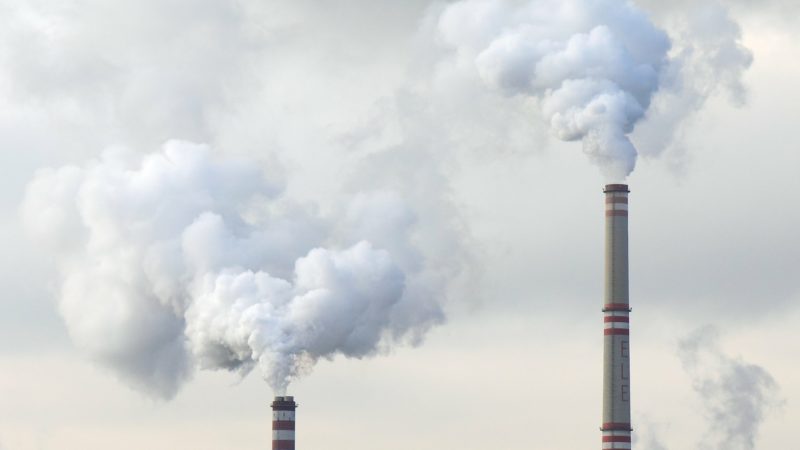
Labour has called on the UK government to immediately pause all fossil fuel investments overseas, LabourList can reveal, as the opposition party stresses the need for action ahead of the country hosting the COP26 and G7 summits.
In Labour’s submission to a government consultation on ending fossil fuel investment, Anna McMorrin wrote that “early action will show decisive UK climate leadership and build confidence for other countries to make the similar pledges”.
Labour has already demanded an end to all to investment in fossil fuel projects overseas, but this response from the shadow minister for international development calls on the government to halt those currently under consideration.
The government announced in December a commitment to ending such investments but 17 projects, which were in the pipeline before the statement, could still be green lit and receive funding before the new policy is implemented.
Among the projects currently being considered is the controversial Mozambique gas pipeline, which would see £1bn of UK investment. According to the government’s own impact assessment, it would result in the displacement of 3,000 people.
McMorrin argued in her response: “The link between UK investments, and those of our closest advanced partners, and the worsening experience of communities living through humanitarian crises and climate breakdown is clear.
“Fossil fuel investments are a direct driver of the humanitarian disasters we seek to resolve with our global partners. A better way is possible.”
McMorrin highlighted that there is no definitive timescale for implementation or for when the government will respond to the consultation. She called for the policy to end fossil fuel investment overseas “at the earliest opportunity”.
Labour also warned that the government is formulating exemptions to the projects that the consultation is there to cover, and has therefore called on the Conservative administration to publish the extent of these exemptions.
“Considering the importance exemptions and caveats will have on either the success or failure of future fossil fuel investment policy,” McMorrin wrote. “The UK government must now swiftly bring forward detailed proposals on exemptions.”
She made several recommendations in response to the consultation to ensure that the government acts on the promises made in the Paris agreement signed in 2015 and show “global leadership”. Those recommendations are:
- “To implement the proposed UK government policy to cut fossil fuel investment overseas at the earliest possible opportunity, i.e March 2021 option s as set out in the consultation document;
- “To pause all fossil fuel projects under consideration for investment approval, in lieu of the full implementation of new policy, to ensure the policy commands international respect and advances UK’s climate leadership in the year of COP26;
- “To swiftly bring forward details on the extent of exemptions regarding direct and associated investments as proposed in the consultation document, and necessary impact assessments;
- “To ensure there is a clear definition of ‘fossil fuels’, to include fossil fuel-related infrastructure and associated facilities; and
- “To take urgent remedial action to establish constructive dialogue with representatives of frontline communities and low-income nations. To ensure those most impacted are part of the solutions.”
Anneliese Dodds urged the Chancellor last November to ban the financing of fossil fuel projects through UK export finance, highlighting that more than £6bn has been pumped into overseas fossil fuel projects in this way over the last decade.
The Shadow Chancellor told Rishi Sunak at the time: “Recent developments have unfortunately gone in the wrong direction.”
£4bn of public investment or financial support has been provided to fossil fuel projects abroad through different funding channels since 2016, including through the UK’s aid budget and publicly owned investor CDC Group.
The CDC Group is a development finance institution created in 1948 and owned by the UK government. Its investments have been focused in Asia and Africa since 2011.
It recently published a new climate change strategy to reduce its fossil fuel investments. Analysis of the plan by CAFOD suggested that 90% of CDC’s direct fossil fuels support would still be permitted under the exclusions it outlined.




More from LabourList
Turning the page? Labour’s recovery in the polls show a path to 2029 victory
Restoration announce recommendations for NEC candidates
‘Factionalism at the top is weakening Labour – and handing a gift to Reform’